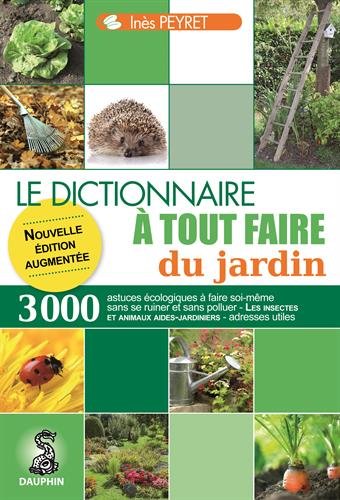My compost is rich!
It’s a gardener’s black gold, THE miracle remedy, THE ultimate plant enhancer, THE absolute non-toxic must-have to make your garden insanely beautiful and your neighbours green with envy. It's full of nourishing goodness, perfect for rich roses and ravishing radishes, paramount to protect them and improves soil structure. It’s easy, organic, budget friendly and very much worth any effort that you put in it.
Ancient texts, from Mesopotamian clay tablets to the Bhagavad Gita and De Agricultura, to Greek, Chinese and Egyptians compendiums, all enthuse about the merits of this noble art.
So, get green, get composting. Start manufacturing your very own super stimulant. Make sure you follow a few simple rules and you’ll get the best fertilizer ever.
The secret lies in the right mix and balance of materials used: plenty of air, some water, brown – because they are dry – and green – because they are fresh and moist – waste. The browns are carbon rich and the greens, nitrogen rich. To start, according to specialists, you should pile 1-part browns – dry leaves, dry lawn clippings, paper, cardboard, black and white newspapers, straw, nut shells, cold wood ashes, aged hay, coffee filters, chipped wood, etc. – and 2-parts greens – vegetable and fruit scraps, banana and melon skins, egg shells, tea leaves, coffee and coffee grounds, lawn clippings, used flowers, etc. Too much carbon will slow down decomposition; too much nitrogen and your compost will stink.
Bees, ants and wasps in it tell you that it’s too dry or too acid. In the first case, add some water and in the second, sprinkle soda bicarb on your pile.
To speed up the process, turn it over with a fork, add banana skins, liquid coffee and grounds, tea and tea leaves, flat cola and human urine. Yes, you read it right. Just ask your man to oblige.
What you should NEVER EVER compost: citrus peels – lemon, orange, grapefruit – onion skins, tomatoes, meat, fish, eggs, dairy produce, cheese rinds, oils, fats, vinegar, baby nappies, dog and cat poo.
Some local councils give away composting bins or sell them. Contact them to find out. If not, you can make a pile in your garden, on a nice level spot, and hide it behind four wood shipping pallets. Start by attaching two pallets together, top and bottom, with zip ties, to form a 90° angle. Do this for the other side too. Only attach the front pallet on one side to swing it open when you need to turn your pile or get some of your precious stuff.
The pallets are also perfect to store your rakes and shovels in the summer.



